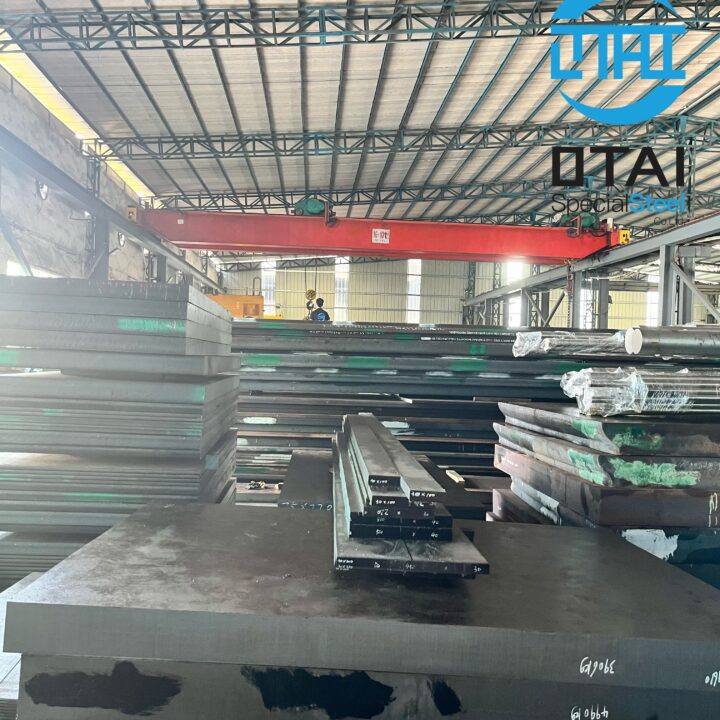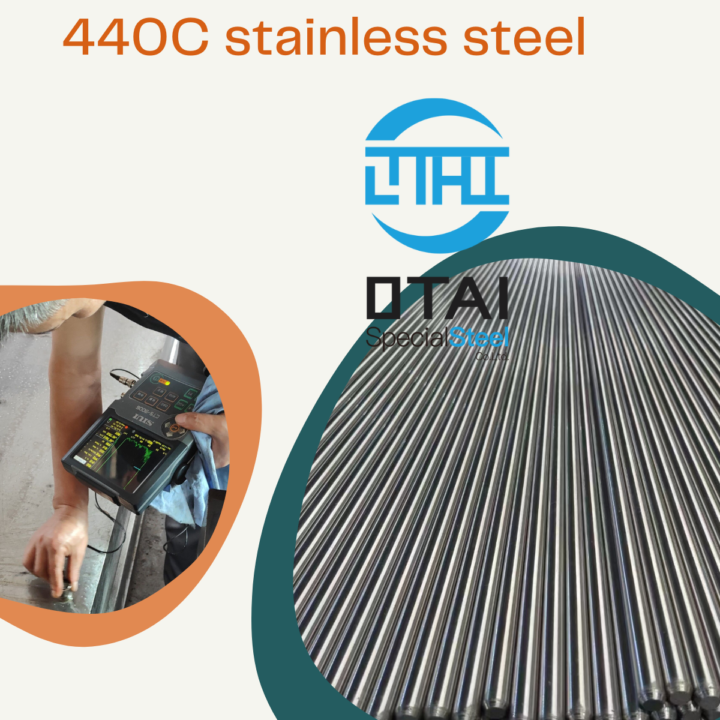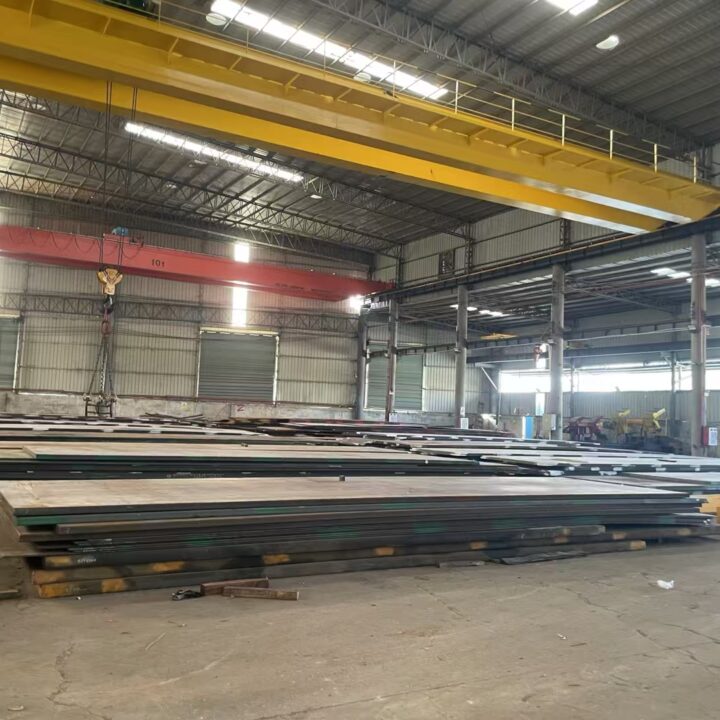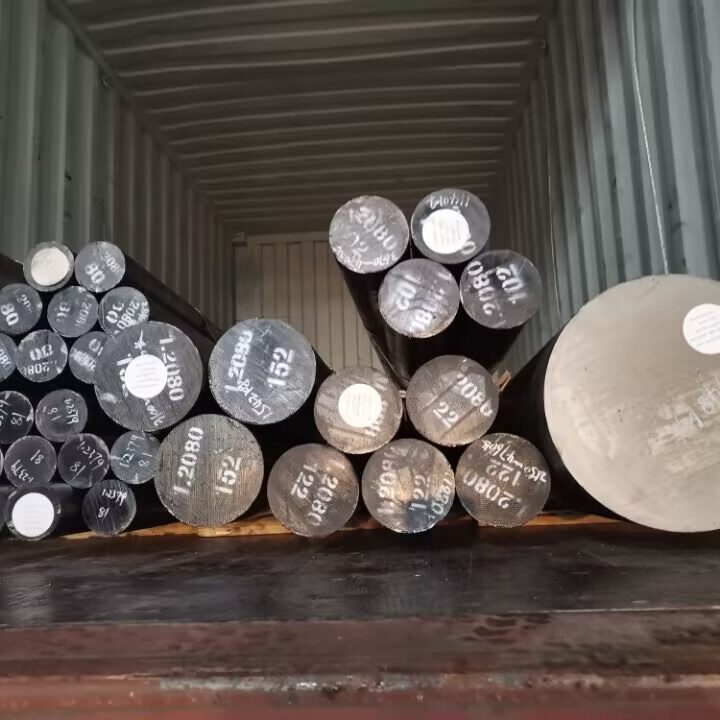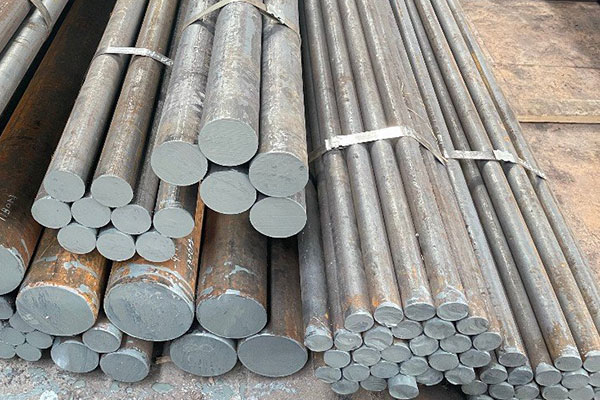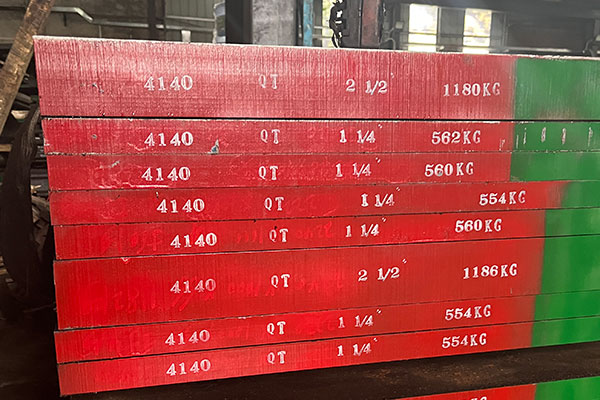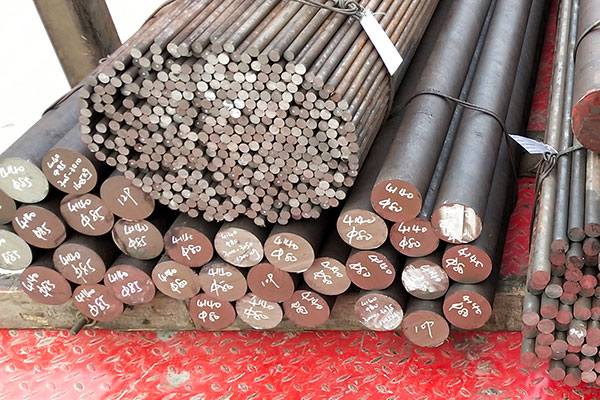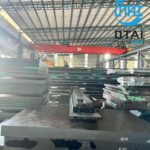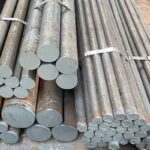DIN 1.2379 Tool Steel: A Comprehensive Guide
In the realm of tool steels, 1.2379 is a standout performer, cherished for its exceptional properties and versatility. If you’re in the market for a tool steel that can withstand demanding conditions while delivering top-notch performance, then you’ve come to the right place. Let’s delve into what makes DIN 1.2379 tool steel a go-to choice for professionals across various industries.
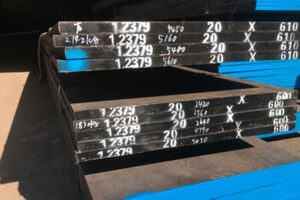
Understanding DIN 1.2379
DIN 1.2379 is a high carbon, high chromium, and high molybdenum tool steel. It falls under the category of cold-work tool steels, renowned for their ability to withstand high-stress applications involving cutting, punching, and forming operations at low temperatures. This steel variant is known for its excellent wear resistance, high compressive strength, and good toughness, making it an ideal choice for a wide array of tooling applications.
| Element | Chemical Composition Range (%) |
|---|---|
| Carbon (C) | 1.50 – 1.60 |
| Chromium (Cr) | 11.00 – 13.00 |
| Vanadium (V) | 0.70 – 1.00 |
| Molybdenum (Mo) | 0.70 – 1.00 |
| Silicon (Si) | 0.30 – 0.60 |
| Manganese (Mn) | 0.20 – 0.60 |
| Phosphorus (P) | ≤ 0.030 |
| Sulfur (S) | ≤ 0.030 |
Applications of DIN 1.2379 Tool Steel
The versatility of 1.2379 tool steel lends itself to a myriad of applications across industries, including:
- Cold Work Tooling: Punches, dies, and cutting tools for cold working processes.
- Blanking and Forming Tools: Used in the production of stamped components and intricate shapes.
- Woodworking Tools: Chisels, planer blades, and knives for woodworking applications.
- Plastic Molding: Inserts and components for plastic injection molding.
- Metal Forming: Tools for forging, extrusion, and bending operations.
Conclusion
In conclusion, 1.2379 tool steel stands as a testament to the ingenuity of modern metallurgy, offering a blend of hardness, toughness, and wear resistance that meets the demands of today’s machining and tooling industries. Whether you’re shaping metal, molding plastics, or crafting wood, DIN 1.2379 is a reliable ally in your quest for precision and efficiency.
Frequently Asked Questions
1. Is 1.2379 steel suitable for high-temperature applications?
- While 1.2379 steel exhibits good stability at elevated temperatures, it is primarily designed for cold work applications. For high-temperature environments, other tool steels with specific heat-resistant properties may be more suitable.
2. Can 1.2379 steel be easily welded?
- Welding 1.2379 steel can be challenging due to its high carbon and alloy content. Preheating and post-weld heat treatment are often necessary to minimize the risk of cracking and ensure proper weld integrity.
3. What surface treatments are compatible with 1.2379 steel?
- Actually,1.2379 steel responds well to various surface treatments, including nitriding, coating, and nitrocarburizing, to enhance its wear resistance and prolong tool life.
4. Is 1.2379 steel corrosion-resistant?
- While 1.2379 steel offers good resistance to wear and deformation, it is not inherently corrosion-resistant. Proper storage and maintenance practices should be followed to prevent rust and corrosion.
5. What industries commonly utilize 1.2379 steel?
- 1.2379 steel finds widespread use in industries such as automotive manufacturing, metal stamping, precision machining, and plastic injection molding, where high-performance tooling is essential for efficient production processes.
Feel free to contact us at [email protected] or via WhatsApp at +8613642825398 for personalized assistance and inquiries.
